The IB programme is for everyone
Southbank International School is the first school in the UK authorised to offer all three International Baccalaureate (IB) academic programmes.
Currently, we offer:
- Early Childhood Curriculum (EC) - 2 to 5 years (conditions apply)
- Primary Years Programme (PYP) - 5 to 11 years
- Middle Years Programme (MYP) - 11 to 16 years
- Diploma Programme (DP) - 16 to 18 years
The International Baccalaureate (IB) programme offers a pathway for all students to excel and thrive, regardless of their starting point. Children who have not previously studied the IB adapt quickly to the programme due to its holistic and student-centred approach.
The IB aims to do more than other curricula.It emphasises critical thinking, inquiry-based learning, and intercultural understanding. It fosters skills that are valuable for lifelong success and to adapt to an ever changing world.
Jump down to:
Why the IB at Southbank?
At Southbank we teach our students lifelong skills that prepare them to adapt to whatever comes their way.
We teach our students “how to learn” not “what to learn” - This approach to learning encourages students to do their own research, think critically while analysing information and to question assumptions. This is a skill that Universities value as it enables students to adapt more easily to university demands.
Our students use the latest technology to equip them with the skills needed to excel in future careers, some that have yet to be created. Through hands-on experience with emerging technologies, students develop the agility and resilience to thrive and shape the workplace of tomorrow.
Our highly qualified and experienced Future Guidance Team helps our students navigate global university applications and explore alternative pathways. The team collaborates with both pastoral and academic programmes to empower students in making well-informed decisions about their future.
What makes the IB unique?
Ideal for an international world
The International Baccalaureate (IB) was founded as a progressive non-profit educational foundation in 1968 as a direct response to the severe lack of flexibility in local curriculums around the world.
Today, the IB works with 5,700 schools in over 160 countries and offers three academic programmes and one career-related programme to over 1.95 million students worldwide. It provides comprehensive and progressive education from ages 3 to 18 through its four programmes and is recognised across the world for delivering high-quality education for over 55 years.
A different approach to Academic Excellence
Its aim is to develop inquiring, knowledgeable and caring young people who help to create a better and more peaceful world through the understanding and respect of different nationalities and cultures by encouraging its students to develop an understanding of their own culture and the one of others.
It also encourages students to ask challenging questions, critically reflect on topics, develop research skills, learn how to learn, and participate in community service.
International Baccalaureate FAQ
The International Baccalaureate (IB) program is for everyone, whether or not your child has previously attended an international school. The programme is designed to cater to a diverse range of students, embracing both international learners and those who have previously followed local curricula. The IB is a popular choice for international families as it offers a consistent and internationally recognised framework that facilitates easy transitions between educational systems. For students within local curricula, the IB presents an opportunity to broaden their horizons, encouraging them to explore perspectives beyond their immediate environment.
Transitioning from the IB program back to a local curriculum is entirely feasible. The IB's rigorous academic standards and emphasis on critical thinking, research, and independent learning equip students with a strong foundation that can be easily applied to various educational systems.
The IB programme places a greater emphasis on critical thinking and inquiry-based learning, as well as a sense of international community. It has a holistic approach which takes into account the child as a whole to develop well-rounded students. The IB offers a broader range of subjects and requires students to complete an extended essay, which is an excellent preparation for university-level research.
The IB program offers a wider range of subjects, with many similar to the British system. Students may need to study subjects not previously covered in their British school.
The IB programme is recognised internationally. Many universities favours IB students because of their well-rounded education and the skills they have developed.
The IB program is designed to prepare students for university and beyond by developing their critical thinking, research, and communication skills. The extended essay is an excellent preparation for university-level research.
It uses a scale of 1 to 7 (7 being the highest). Students will be tested through coursework and assessments. Students must have a minimum of 24 points across their six subjects to pass (with no grade lower than 3)
While IB programs are challenging, they are designed to accommodate a wide range of student abilities and offer a variety of course levels.
IB Learner Profile
The aim of all IB programmes is to develop internationally minded people who recognize their common humanity and help to create a better and more peaceful world.
The IB learner profile represents 10 attributes valued by IB World Schools which help individuals and groups become responsible members of local, national and global communities.
